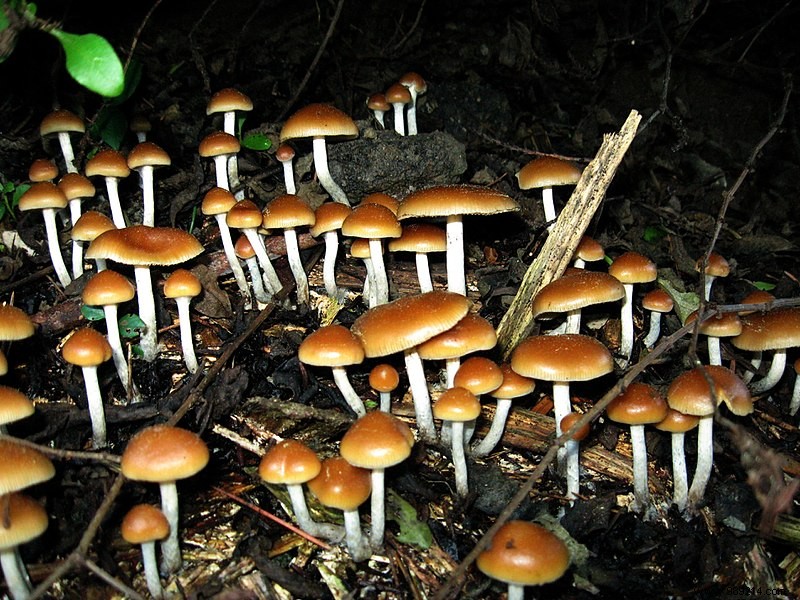According to a recent European study, the emotional response to music is significantly increased by a mind-altering substance: psilocybin. Thus, music could be part of a therapy against depression by combining it with a treatment based on psilocybin.
A year ago, Canada authorized the use of psilocybin, in other words the psychotropic substance in hallucinogenic mushrooms . The objective? Test this substance in palliative care patients. You should know that psilocybin is also at the heart of research to treat depression, and has been for a few years. However, a study published by the European College of Neuropsychopharmacology on October 4, 2021 aimed to verify the following hypothesis:does psilocybin make you more sensitive to music?
Old studies have already claimed that psychedelic drugs – like LSD – make consumers more sensitive to music. In the recent study, researcher Dea Siggaard Stenbæk from the University of Copenhagen (Denmark) tried to understand whether hallucinogenic mushrooms also have this power.
As part of this research, the scientists selected about twenty healthy volunteers. Each of these people followed a musical program short-lived including Enigma Variations of Elgar and the Laudate Dominum of Mozart. The music was played after and before the volunteers consumed a certain dose of psilocybin.

After the experiment, the volunteers themselves were tasked with evaluating their emotional responses on the Geneva Musical Emotional Scale. This is a tool for finely measuring the emotions arising from listening to music. Tranquility, wonder or even transcendence are part of the criteria of the scale in question. According to the results, the emotional response to the music increased by 60% on average.
“This shows that the combination of psilocybin and music has a strong emotional effect, and we believe this will be important for the therapeutic application of psychedelics if they are approved for clinical use”, explained Dea Siggaard Stenbæk, in an interview with Science Focus magazine on October 5, 2021.
The scientist did not fail to recall that a psilocybin-based treatment for depression was under development. She also suggested that in view of the results of her study, music could well be an integral part of a new type of therapy , associating it with the treatment in question. Finally, future research on psilocybin will aim to identify its combined effects with those of music on the brain using an MRI scanner.